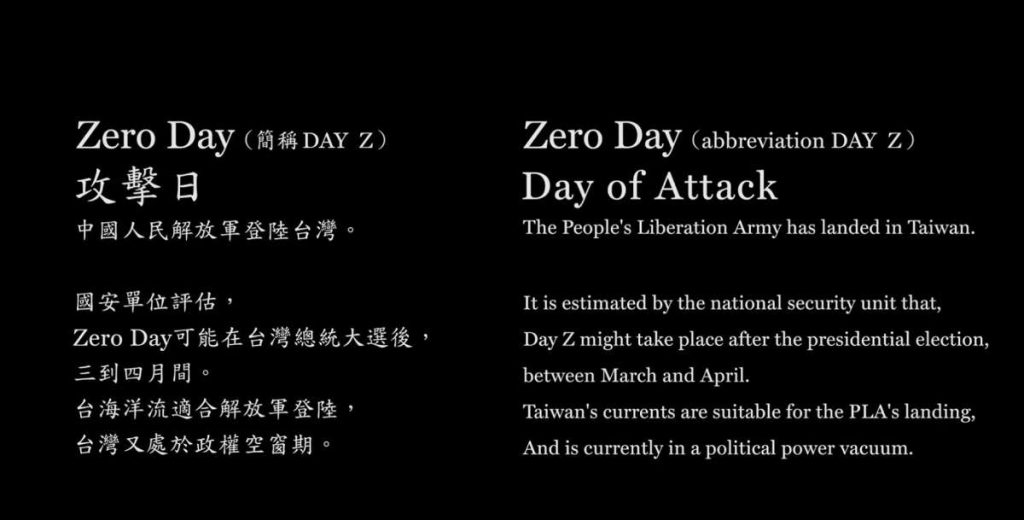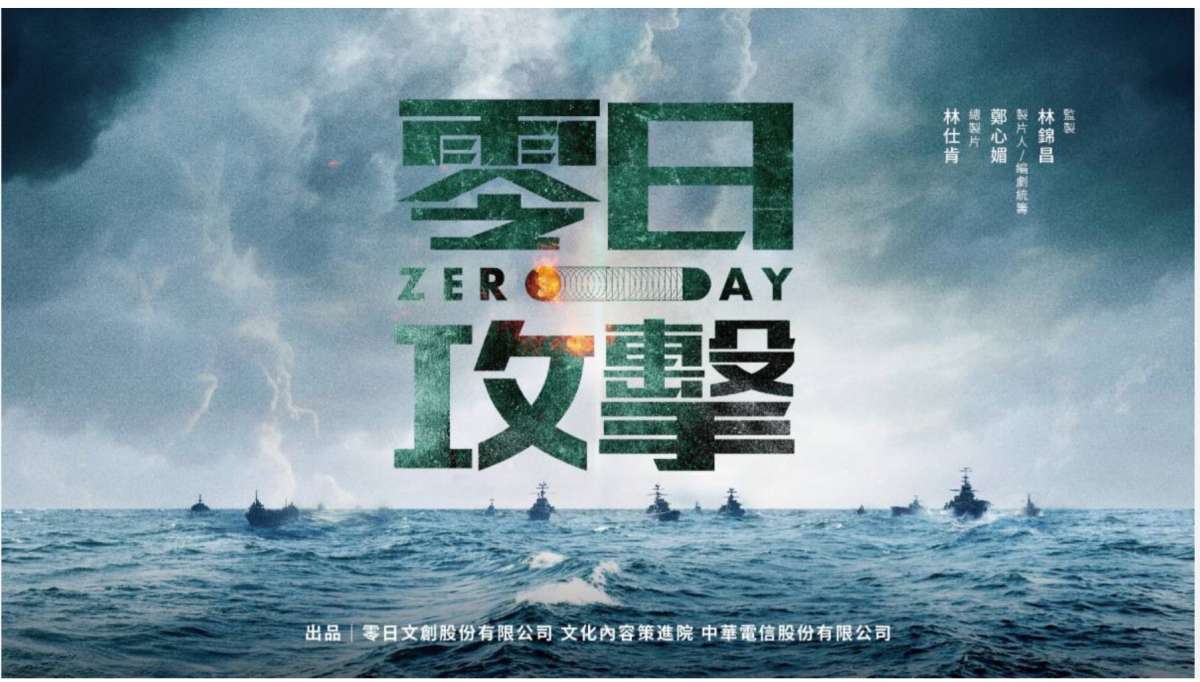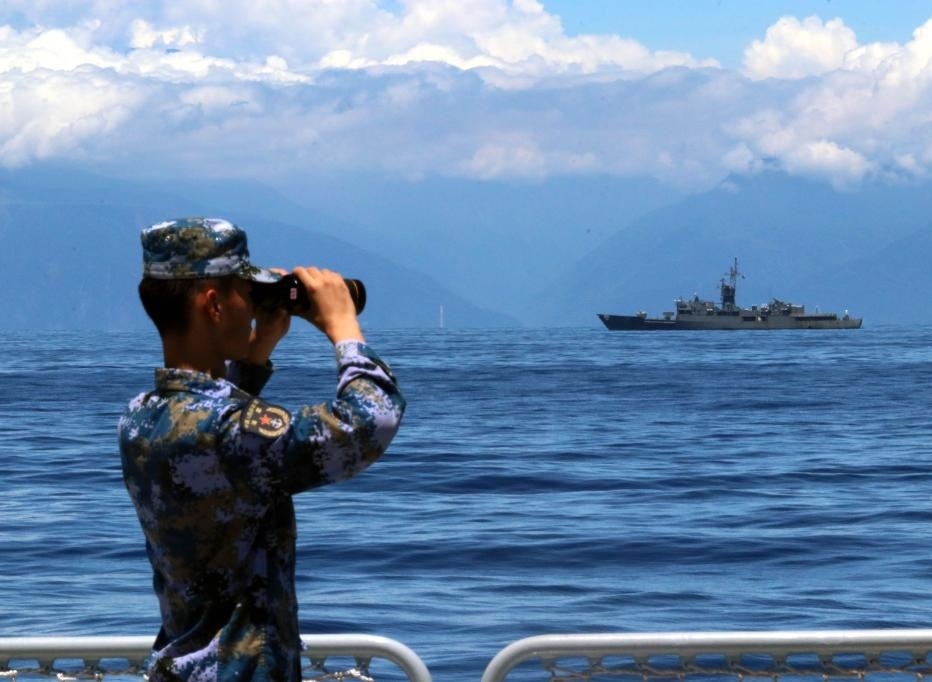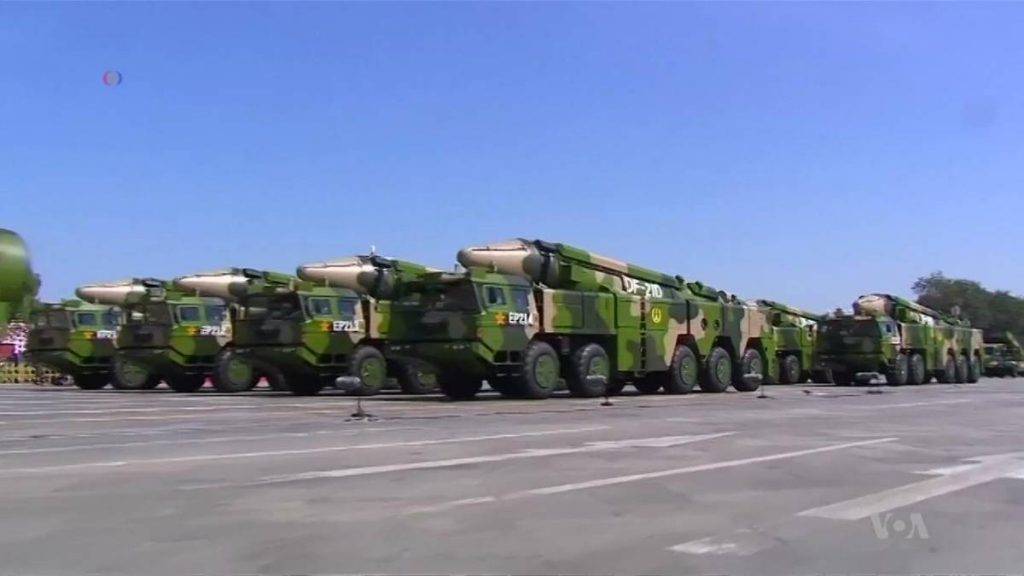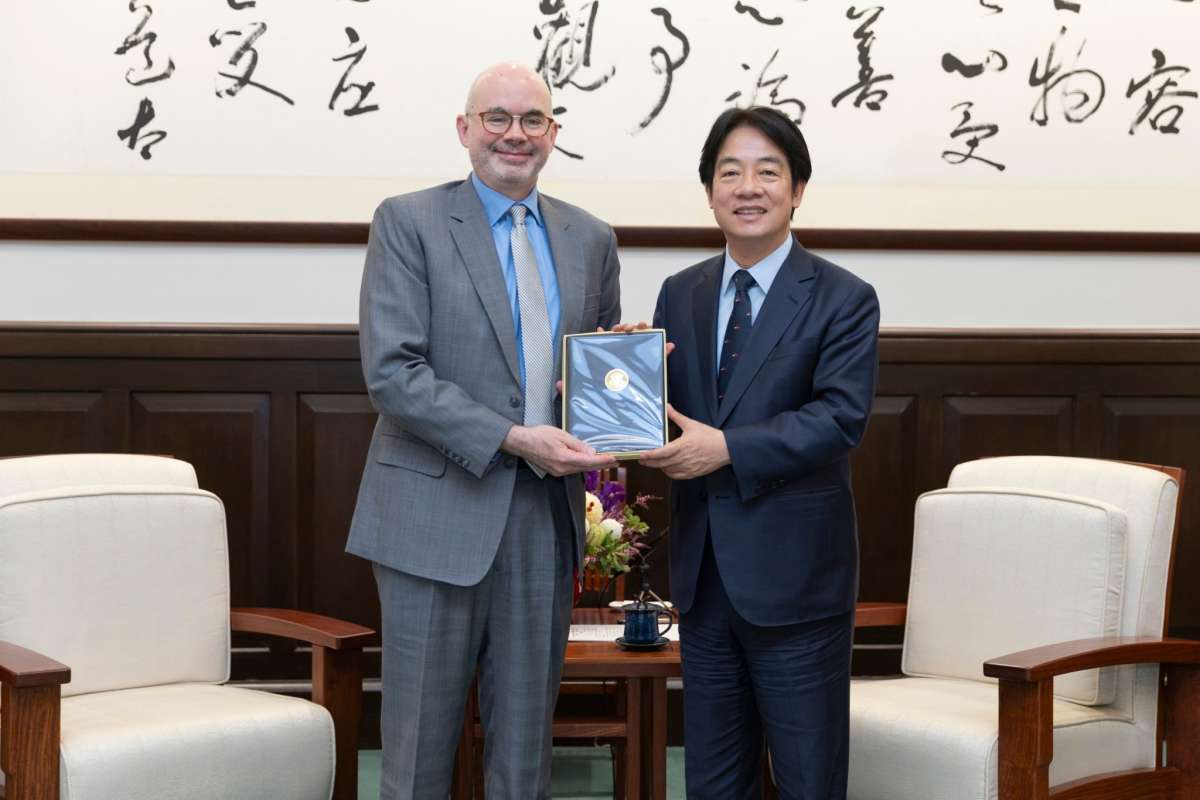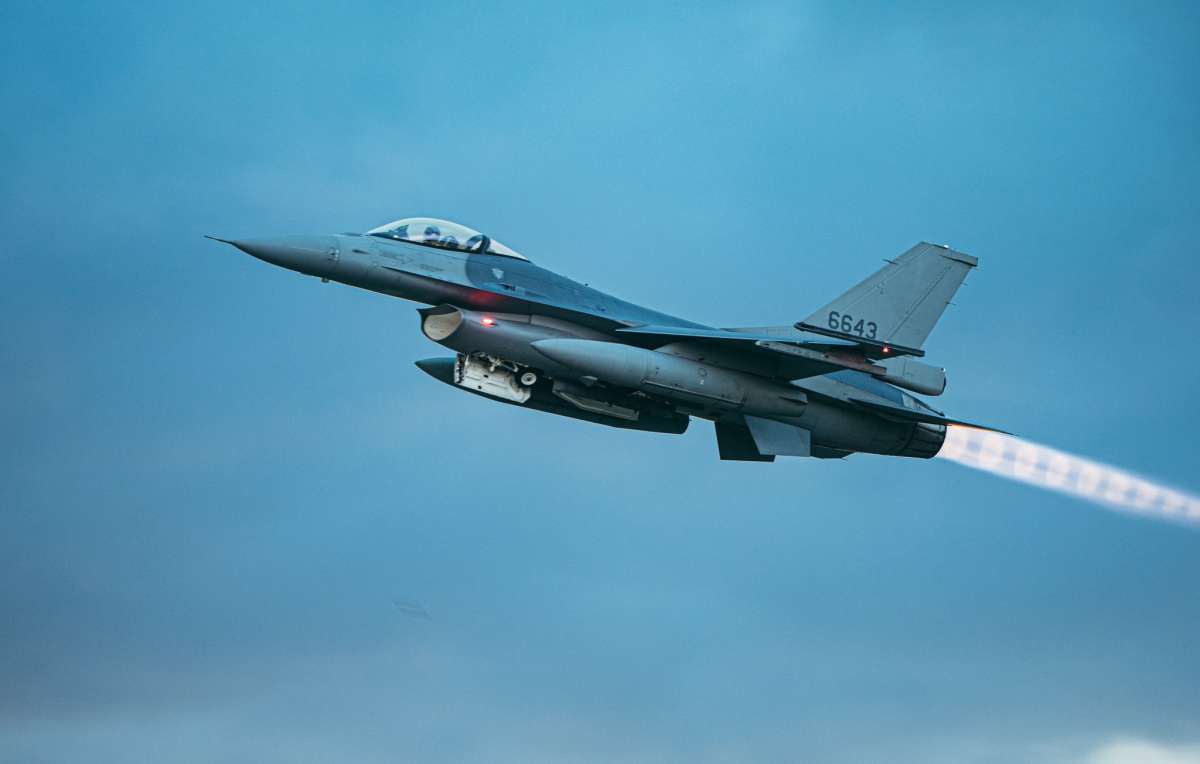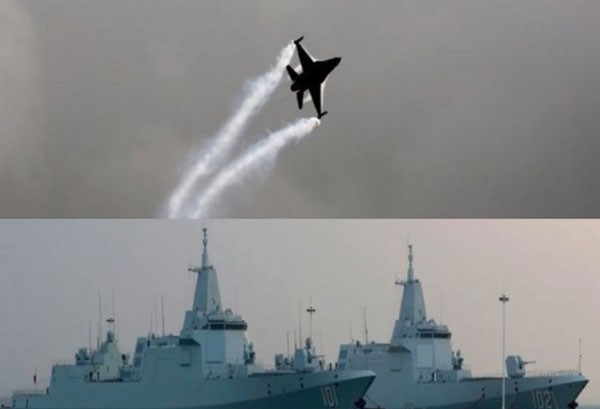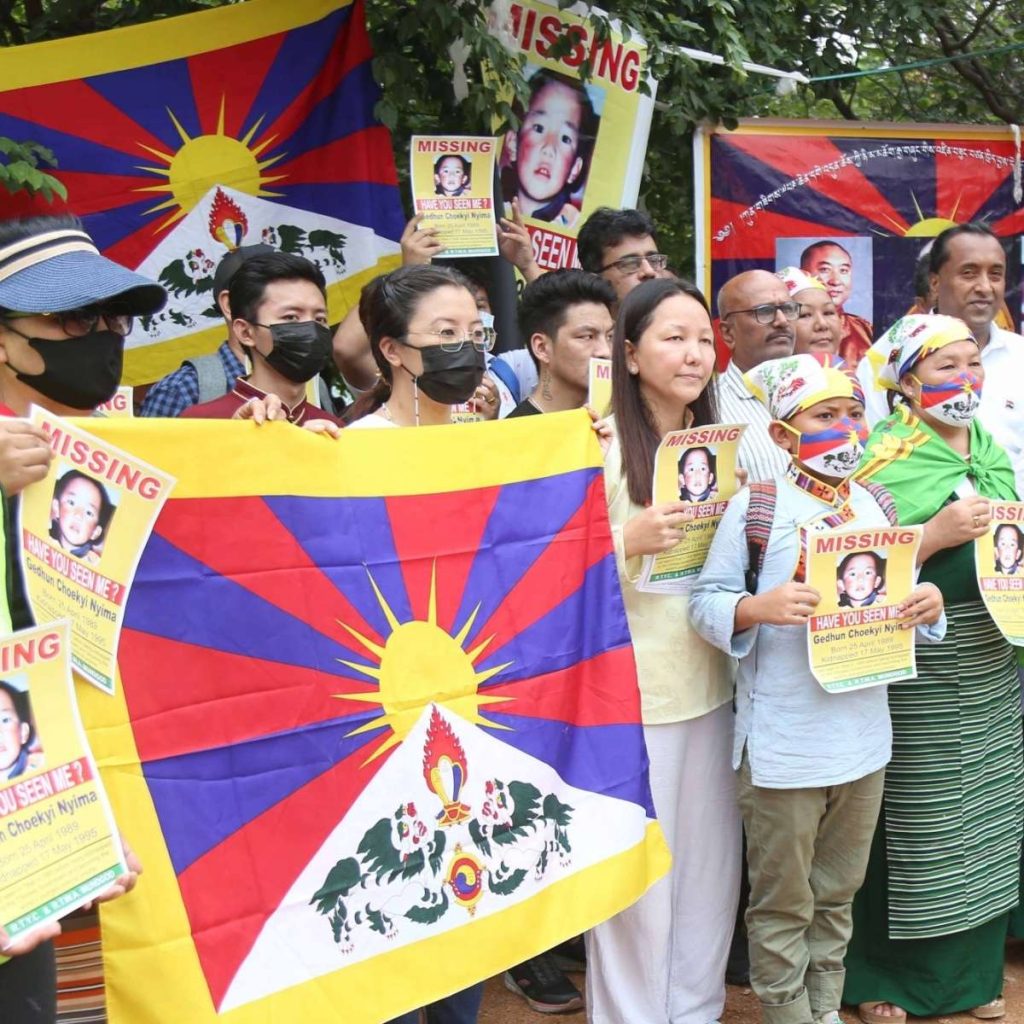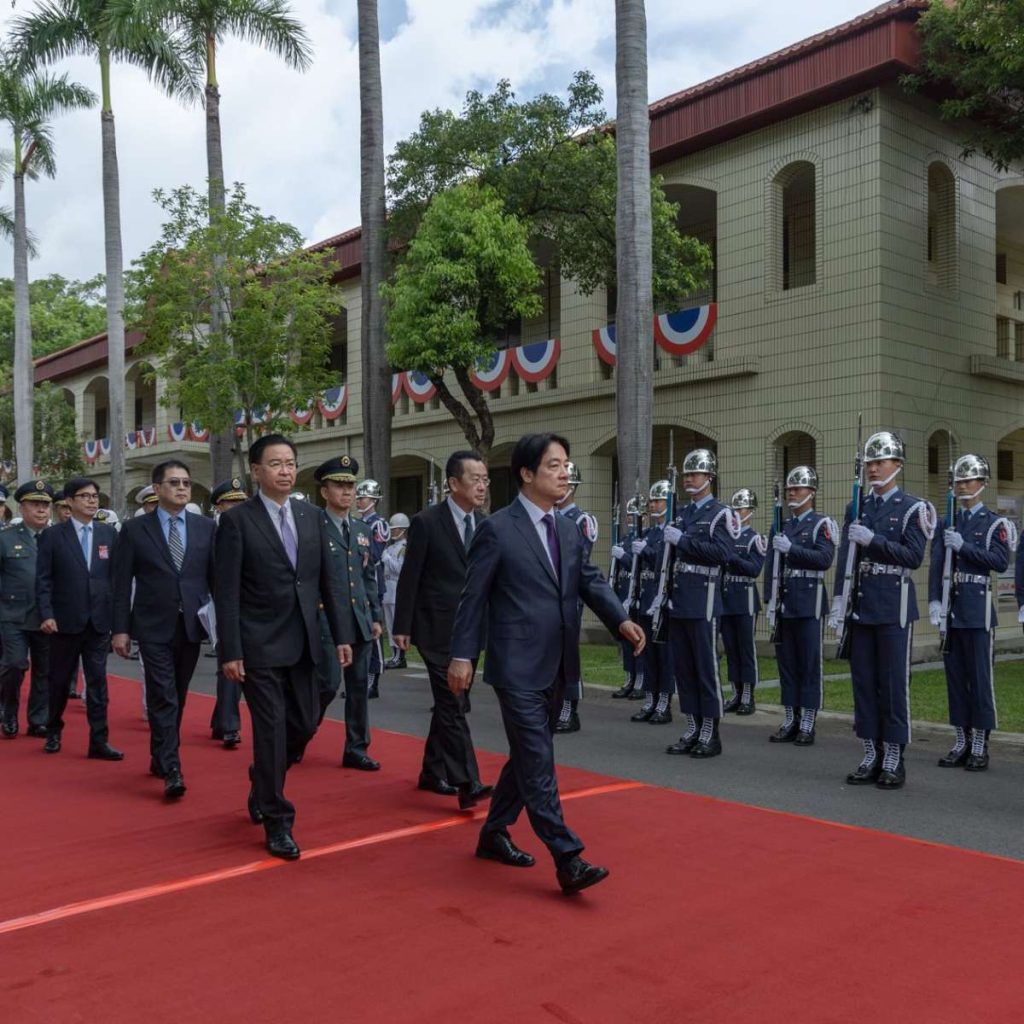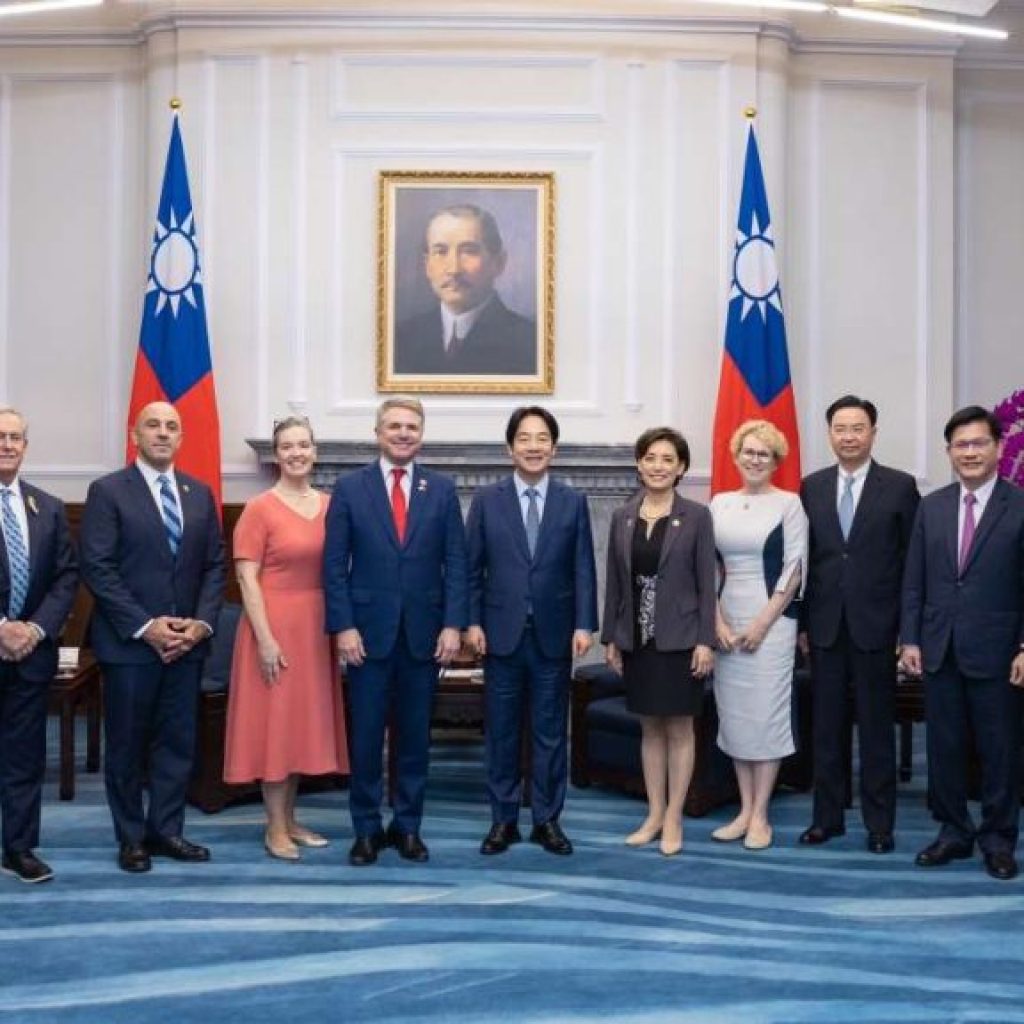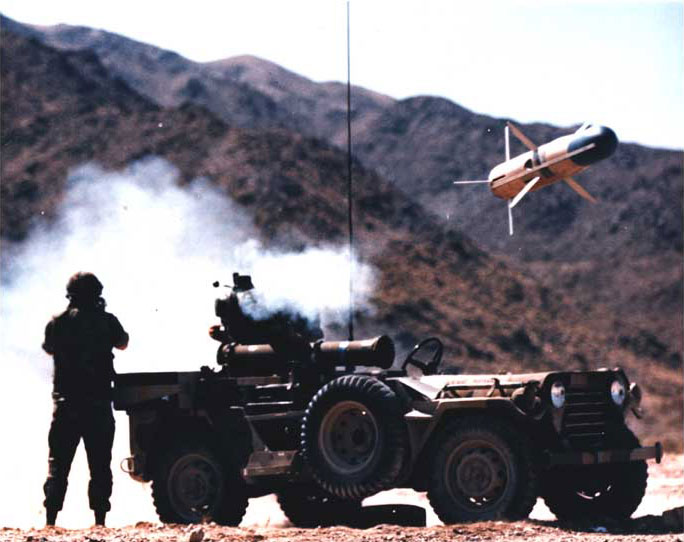Minister Koo acknowledged the delays were indeed caused by the weapons’ failure to meet required US Army standards initially….reports Asian Lite News
Taiwan’s Defence Minister Wellington Koo announced on Monday that the island nation is set to receive all 1,700 TOW 2B anti-tank missiles and 100 launchers purchased from the United States by the end of this year, following a two-year delay, Focus Taiwan reported.
The timeline update came during a legislative session in response to queries from ruling Democratic Progressive Party lawmaker Wang Ting-yu about the delivery schedule.
Originally allocated NTD11.81 billion (USD364 million) over the fiscal years 2018-2025 for the procurement, Taiwan had expected delivery to commence in 2022 but faced setbacks. According to Wang, Taiwan has yet to receive any missiles as per the original schedule due to failed US Army tests.
Minister Koo acknowledged the delays were indeed caused by the weapons’ failure to meet required US Army standards initially. However, he assured that all necessary tests have now been successfully passed, ensuring delivery before year-end, as reported by Focus Taiwan.
Highlighting the significance of the acquisition, Koo mentioned the TOW 2B anti-tank missiles and launchers are part of three major arms packages purchased from the US, all of which have encountered significant delays.
Among these packages are 66 F-16V fighter jets and AGM-154 air-to-ground missile systems renowned for their precision in strikes against surface targets. Koo disclosed that Taiwan anticipates receiving two F-16V prototypes for further flight tests by the fourth quarter of this year, with a request to receive all 66 by the end of 2026.
Regarding the AGM-154s, Koo did not specify the quantity purchased or the expected delivery timeline.
Describing the capabilities of the TOW 2B missiles, an unnamed military source explained they are designed to target the vulnerable tops of armored vehicles, enhancing Taiwan’s defensive capabilities in potential invasion scenarios.
During a visit to Taiwan in May, Michael McCaul, chair of the US House Foreign Affairs Committee, cited approximately USD20 billion worth of pending arms sales to Taiwan, attributing delays primarily to industry-related issues, Focus Taiwan reported.
Allegation: Chinese influence
The Ministry of the Interior (MOI) of Taiwan issued a stern warning, cautioning against the formation of political entities under foreign influences. This advisory follows allegations that a Chinese entity attempted to recruit Taiwanese celebrities to establish a political party, Focus Taiwan reported.
Taiwanese have the right to form political parties but cannot accept instructions or funding from foreign forces to develop parties, as this would violate the National Security Act and the Anti-Infiltration Act, the MOI said in a statement.
The statement was prompted by social media posts made by Taiwanese singer R-chord on June 14 and actress Alexis Ho on June 15. These posts detailed efforts by Beijing Ciguang Film and Television Media Co, Ltd, a Chinese company, to recruit them via email for pro-China activities.
Screenshots of the emails revealed that the artists were invited to release a statement titled “Establish a new type of cross-strait relations” on their Facebook pages, after which they would be appointed as vice chairpersons of a purported “Taiwan Pro-Peace Party.” The correspondence also promised lucrative employment opportunities with an annual income exceeding NTD10 million (USD308,950), projecting recruitment of at least 1,000 founding members for the party, as reported by Focus Taiwan.
According to information sourced from the Chinese business inquiry platform “AiQicha,” Beijing Ciguang Film and Television Media Co, Ltd was founded in February 2023 with a registered capital of 90 million Chinese yuan (approximately USD12.4 million). The company’s declared business activities primarily involve film and television production, as well as organising cultural and artistic exchanges.
As of the latest update, the MOI’s political party information website does not list any entity named the “Taiwan Pro-Peace Party,” underscoring the lack of official recognition for such an organisation within Taiwan’s political framework.
Highlighting broader concerns, the MOI referenced previous instances where political parties in Taiwan were suspected of receiving directives and financial backing from the Chinese Communist Party (CCP). Notably, leaders or officials associated with the Republican Party and the Taiwan People’s Communist Party have faced allegations of promoting specific electoral candidates under CCP influence.
The National Security Act, under Article 2, explicitly prohibits individuals from engaging in activities that involve initiating, financing, manipulating, or developing organisations on behalf of foreign countries, including China, Hong Kong, Macau, or entities deemed hostile to Taiwan’s interests.
Similarly, Article 3 of the Anti-Infiltration Act prohibits individuals from making political contributions or donations linked to referendum activities if such actions are influenced, commissioned, or funded by sources associated with foreign infiltration, Focus Taiwan reported. (ANI)
ALSO READ: ‘US 15 years behind China on N-power’
